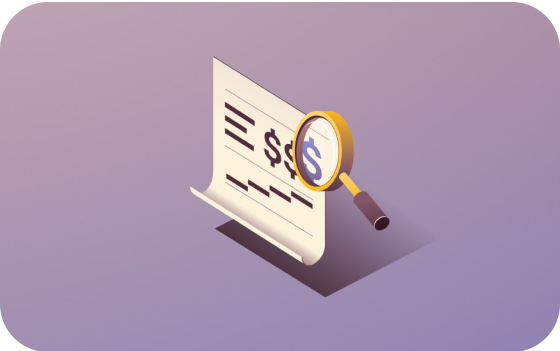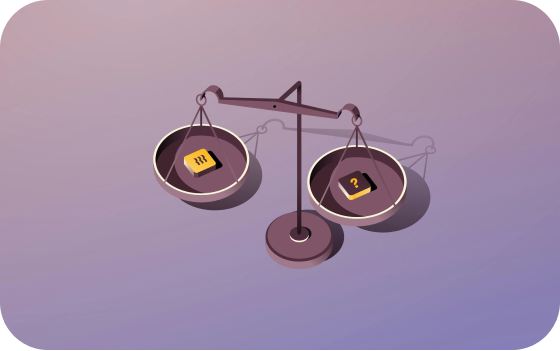Superannuation is a contribution to a retirement savings fund through the Superannuation Guarantee (SG). In Australia, both employees and employers can contribute to superannuation with additional support from the government through co-contribution or low-income super contributions for eligible employees. The goal is to ensure that every employee has a steady income during retirement.
Who is eligible for superannuation?
Most employees in Australia are entitled to superannuation (also called super). The employer is required to pay at least 11.5% of an employee's salary into their super fund if:
- An employee is over 18
- An employee is under 18 but works over 30 hours weekly
- An employee is a domestic worker, such as nannies, who works over 30 hours weekly
Whether you are a full-time, part-time, or casual employee, you are eligible for SG (Superannuation Guarantee) contributions from your employer if you meet these requirements.
Although not mandatory for sole traders and self-employed individuals, the Self-Managed Superannuation Fund (SMSF) is a super fund individuals can manage themselves. Self-managed funds have strict regulatory requirements and regulations. Users must comply with the Australian Taxation Office (ATO) rules to ensure they only use these funds as superannuation savings accounts.
How superannuation works
Here's how superannuation works: An employee chooses a superannuation fund, and an employer contributes to it. The employee's superannuation fund then uses those contributions to invest in assets such as stocks or property, growing an employee's account balance over time and helping to fund their retirement.
Superannuation is managed through superannuation funds. These funds must obtain an Australian Financial Services Licence ( AFSL) issued by the Commonwealth agency, the Australian Securities and Investments Commission (ASIC), to legally offer superannuation products, services, or financial advice. Additionally, the Australian Prudential Regulation Authority (APRA) oversees the financial situation of Australia's financial institutions, including superannuation service providers.
Two ways to make super contributions:
Employer contributions
Employers are required to contribute 11.5% of an employee's salary to superannuation accounts for all full-time and part-time employees, regardless of their pay. The contributed amount is based on an employee's "ordinary time earnings," including regular hours, commissions, paid leave, bonuses, and certain allowances.
If a salary includes super, 11.5% of the total salary goes toward superannuation contribution. Suppose an employee's salary is $80,000. In that case, superannuation amounts to $9,200, while the base earnings are $70,800.
An employer must add 11.5% to cover superannuation if the salary does not include super. For instance, if an employee's salary is $60,000, an employer is required to add $6,900 for super.
Super contributions for casual workers are 11.5% of their earnings. Suppose your casual employee earns $500 weekly. In that case, the super contribution is $57.50.
Payments made to employees' super accounts are subject to a 15% contribution tax. A tax deduction is automated through super funds.
Extra contributions
Employees can also contribute to their superannuation accounts. One way is to allocate a portion of their salary to the fund in addition to their employer contributions. Employees can also make voluntary contributions by setting a fixed monthly amount or adding bonuses to their super.
Types of superannuation funds
Accumulation funds and defined benefit funds are two types of superannuation funds.
Accumulation funds
Accumulation funds allow both employees and employers to make regular contributions to the super fund, helping employees' super balance grow over time. The fund then invests those contributions to generate investment returns, which further enhances the retirement income.
A defined benefit fund
Defined benefits plans provide guaranteed income based on a formula. Such a formula usually considers factors such as past performance, employee tenure with the company, and earnings history.
In comparison, accumulation funds depend on the contributions made by both employers and employees. The more that is contributed, the more can be invested, leading to more significant returns. In contrast, defined benefit funds guarantee a fixed monthly pension during retirement.
How to choose a super fund
Typically, an employee can open a super fund on their own unless restricted by a specific industrial agreement or if they are part of a defined benefit plan. In other cases, employees are entitled to choose a fund, but their choice must be in compliance with superannuation regulations.
Choosing a super fund is not mandatory. If an employee doesn't choose it, an employer can contact the Australian Taxation Office (ATO) to get details of an employee's stapled fund, such as ABN (Australian Business Number). If no stapled fund exists, an employer can choose a fund featuring a MySuper product on an employee's behalf.
When choosing a fund, employees and employers should ask for a Product Disclosure Statement (PDS), which provides detailed information about a superannuation fund.
The PDS typically includes details on:
- Admin fees
- How to make contributions or rollover other super funds
- Investment options
- Insurance cover
- Additional benefits offered by the fund
- Withdrawal terms and conditions
Superannuation funds are required to provide a PDS to members when they join the fund or when any significant changes are made to the product. This ensures transparency and helps members manage their funds better.
What to do when employees have multiple accounts
When a person has various super accounts, it may consider consolidating them into one fund. First, it's easier to manage contributions and investments in one account. Also, there will be fewer fees; otherwise, the account holder must pay separate fees for each account. The ATO can provide assistance in super fund consolidation.
Benefits of superannuation
Superannuation offers various benefits, including:
- Manageable administration fees: Compared to other retirement programs, super funds impose lower fees.
- Simplicity: Most supers are customized to meet members' needs; additional services can be added at a member's request.
- Various investment choices: Typically, super funds allow members to choose their investment types, including public, corporate, retail, or self-managed funds.
- Available stapled super funds: A fund can be tied to employees, following them even when they change the company, rather than being tied to the employer.
- Early access: An employee doesn't have to meet age pension requirements to get access to superannuation funds. If they become temporarily or permanently incapable of working, they can access their super without penalty.
- A steady income during retirement: Elders who have contributed to their super funds throughout their careers can rely on regular payments to support their financial needs throughout retirement.
FAQs about superannuation
When can superannuation be withdrawn?
One gets access to superannuation when they reach their "preservation age" and retire or when they turn 65, even if they are still working. In certain cases, such as permanent disability or severe financial situation, early access to super funds may be permitted.
Is early access to superannuation allowed when someone decides to move overseas?
Even if an Australian citizen moves overseas, their superannuation stays in Australia. Access to super will be granted once an individual reaches their preservation age or other conditions of release.
Rippling and its affiliates do not provide tax, legal, or accounting advice. This material has been prepared for informational purposes only, and is not intended to provide, and should not be relied on for, tax, legal, or accounting advice. You should consult your own tax, legal, and accounting advisors before engaging in any related activities or transactions.























































































